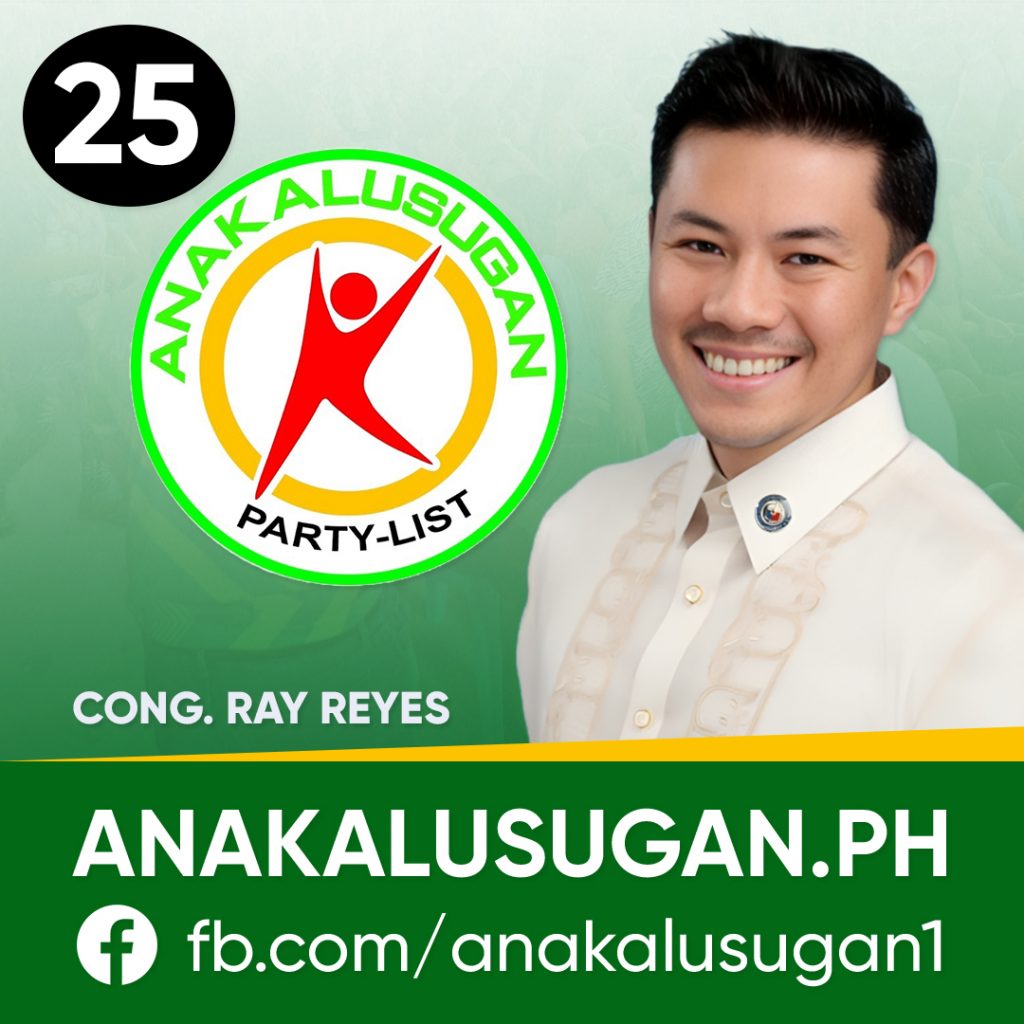The Department of Health (DOH) launched its Biyaheng Kalusugan: Drug Abuse Prevention and Control (DAPC) Week event recently in Davao Oriental and in Butuan City, with the support of its Centers for Health Development in Davao and CARAGA, Local Government Units of Mati City, Davao Oriental, and Butuan City, United States Agency for International Development (USAID), United Nations Office on Drugs and Crime (UNODC), World Health Organization (WHO), Dangerous Drugs Board (DDB), Philippine Drug Enforcement Agency (PDEA), Department of the Interior and Local Government (DILG), Department of Social Welfare and Development (DSWD), and Department of Education (DepEd).
“As we commemorate Drug Abuse Prevention and Control Week in the Philippines, we laud DOH’s recognition that substance use is a mental health issue! USAID RenewHealth is happy to support the creation of this Playbook that brings together tools and materials that LGUs can use to prevent and treat substance use,” USAID RenewHealth Project Deputy Chief of Party Dr. Ivanhoe Escartin said.
“We continue to support DOH to improve and enhance the well-being of Filipinos so they can live happier, healthier, and more productive lives. We believe this playbook will help in creating drug-resilient communities and Filipinos!” Escartin added.
The Biyaheng Kalusugan: DAPC Week events aim to engage communities in generating well-informed discourse about the harms of substance abuse, encourage supportive communication within peer groups and families, develop skills in dealing with peer pressure, and promote adaptive coping mechanisms for stress and anxiety.
In line with this, DOH brought an educational session to discuss the dangerous effects of drug abuse with a life-size anatomy model revealing what these substances cause to our organs, a game booth to reiterate the call to “Say No To Drugs!”, a dance competition to encourage student participants to explore healthier ways of self-expression and coping, a community mural wall, and a temporary canteen where all can eat lunch meals and talk with peer counselors.
“It’s not just about saying ‘no’ to drugs; it’s about saying ‘yes’ to healthier choices, stronger communities, and effective support for those in need.”
“Preventing drug abuse requires a multifaceted approach, integrating education, community involvement, and support systems. It’s not just about saying ‘no’ to drugs; it’s about saying ‘yes’ to healthier choices, stronger communities, and effective support for those in need,” Health Assistant Secretary Beverly Lorraine Ho stressed.
In recognition of the intersection of mental health and substance use, all student participants went home with a self-care kit containing fidget toys, painting by the numbers kit, and the USAID RenewHealth Mind and Body Mental Health Booklet to enable their continued practice of exploring and adapting healthier coping mechanisms.
This year’s DAPC Week celebration also included the launching of the Substance Use Prevention and Control Playbook. The Community-Driven Response to Substance Use Program approaches care for the needs of the people at risk of substance use as well as those who use drugs by implementing a range of health and social services within the community.
“Addressing drug abuse requires a comprehensive approach that aligns with the Department’s 8-Point Action Agenda Para sa Healthy Pilipinas,” Health Secretary Ted Herbosa said.
“Let us champion prevention, support rehabilitation, and prioritize the well-being of every Filipino, building a healthier nation for generations to come.”
“By fostering community engagement, promoting mental health, and strengthening our healthcare system, we can create a resilient society that stands united against the scourge of drug abuse. Let us champion prevention, support rehabilitation, and prioritize the well-being of every Filipino, building a healthier nation for generations to come,” Herbosa added.
Biyaheng Kalusugan is a series of regional activities engaging participants with entertaining educational activities on the 7 Healthy Habits para sa Healthy Pilipinas.
To learn more about the 7 Healthy Habits, and other upcoming Healthy Pilipinas initiatives, you may visit healthypilipinas.ph.



